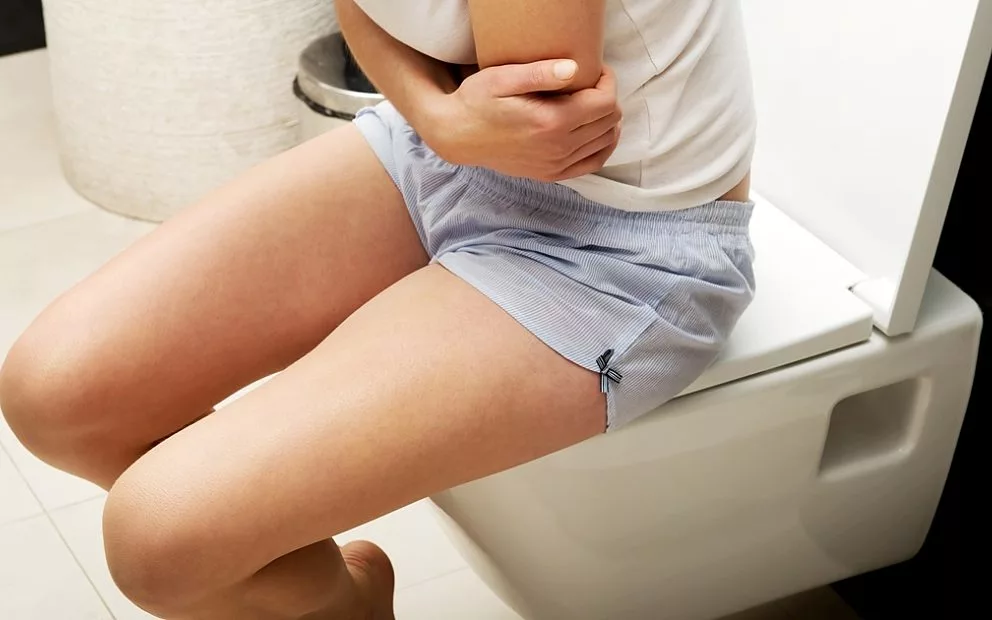Poo transplants can successfully treat patients with a painful bowel disease that increases the risk of cancer, new Adelaide research shows. And in further good news, the researchers are developing a pill that can carry the crucial bacteria, avoiding the need for a full transplant.
The study involved 73 adults with mild to moderate active ulcerative colitis, an inflammatory bowel disease that affects the lining of the large intestine and rectum causing symptoms including pain, bloody stools and increased risk of colon cancer. Some patients received pooled donor “faecal microbiota transplantation” (FMT) processed in an oxygen-free environment, while others got back their own stool as a placebo. This was done by a colonoscopy followed by two enemas. Researchers found a short duration of low-intensity FMT using the donor samples could induce remission in ulcerative colitis, with a 32 per cent rate of remission compared with 9 per cent with the placebo. That was a similar result to the best currently available therapies, many of which treat the disease by suppressing the immune system that can lead to potential adverse side-effects such as infection.
The results, published in the journal JAMA, was a collaboration between the South Australian Health and Medical Research Institute (SAHMRI), the University of Adelaide, CSIRO and SA Health’s Central Adelaide Local Health Network. Study leader Dr Sam Costello, a gastroenterologist at the Queen Elizabeth Hospital and lecturer at University of Adelaide’s Medical School, said an agreement had already been reached with UK company Microbiotica to develop a more appealing version of the treatment.
“Our long-term aim is to develop rationally designed microbial therapies that can replace FMT,’’ Dr Costello said. “These will have bacteria in a pill that can carry out the therapeutic effect without the need to take whole faeces. This is obviously a better and less smelly option.” He said the most important difference in this trial compared with previous studies was the use of anaerobic (oxygen-free) stool processing. “Many gut bacteria die with exposure to oxygen and we know that with anaerobic stool processing a large number of donor bacteria survive so that they can be administered to the patient,” Dr Costello said. “We believe this may be the reason that we had a good therapeutic effect.” Further studies will investigate whether FMT can maintain the remission.
This story was reproduced with permission from The Advertiser.



